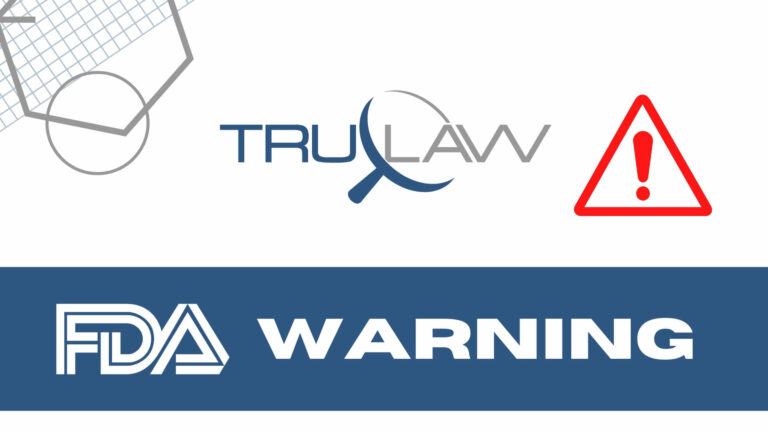
Patients and healthcare providers are advised that they should closely monitor Philips DreamStation 2 continuous positive airway pressure (CPAP) machines for potential overheating, according to a November 28, 2023 U.S. Food and Drug Administration announcement.
Designed to deliver positive airway pressure during treatment of obstructive sleep apnea, the Philips DreamStation 2 CPAP machine is administered to patients in both home and clinical settings.
The FDA issued the warning after reviewing recent medical device reports (MDRs) detailing thermal issues (signs of overheating that may lead to fire, smoke, or burns) during use of the Philips DreamStation 2 CPAP machines. In addition to the fact that the reports indicate a recent rise in thermal issues, the agency also noted that from August 1, 2023 to November 15, 2023, it received in excess of 270 reports detailing problems with the device–a marked increase from the less than 30 MDRs submitted in the prior three years.
While officials acknowledge that a number of DreamStation 2 CPAP machines were distributed to customers to replace the recalled DreamStation 1 CPAP machines, the agency maintains that there is no current evidence to suggest that DreamStation 2’s safety issues are related to the foam installed in the device. An analysis of reports gathered thus far in the investigation instead indicates that thermal issues in the DreamStation 2 CPAP machines could be due to “an electrical or a mechanical malfunction” which causes overheating under certain circumstances.
To mitigate the identified risks, the FDA has outlined recommendations for patients, caregivers, and healthcare providers alike:
- Adhere to the manufacturer’s instructions as provided in the user manual.
- Ensure the CPAP machine is positioned on a hard and flat surface
- Ensure the CPAP is placed away from flammable materials such as carpet or fabric
- Clean the CPAP machine using extra caution and care
- Ensure the CPAP machine’s water reservoir is emptied
- Allow the heater plate and water tank of the CPAP machine to cool for about 15 minutes prior to removing the tank (to reduce burn risk).
- Note: Touching the heater plate, coming into contact with the heated water, or touching the humidifier water tank pan may result in burns.
- Examine the CPAP machine prior to, and after, use of the device. Check for unusual odors and/or changes in appearance. Be advised that some issues may only be observed while the machine is on; for that reason it is important to be aware of any differences in the machine before preparing to sleep.
- Disconnect the CPAP machine and cease use if:
- a burning smell, smoke, or other strange odors can be detected
- there is an observable change in the CPAP machine’s appearance
- there are changes to the CPAP machine’s performance that cannot be explained
- the CPAP machine comes into contact with any water/liquid
- unusual sounds can be heard coming from the CPAP machine
In the event that a patient is unable to use the device because of any of the above issues, a healthcare provider (primary care physician or sleep doctor) should be consulted and the individual’s health situation should be discussed.
- Patients who experience the above issues are advised to discontinue use of the machines
- Adverse experiences with the product and observable problems (“unusual smells, sounds, or changes in appearance”) should be reported to Philips.
At this time, the FDA continues to collaborate with Philips to understand the issues with the product, identify their underlying causes, and discuss mitigation strategies. As new information comes to light, the public will be updated.
The FDA encourages consumers and healthcare personnel to report any related problem with their CPAP machine to the agency’s MedWatch program. Those employed by facilities subject to the agency’s user facility reporting requirements should seek out their facility’s establishes reporting procedures.
If you have suffered an adverse health outcome that can be traced to a defective medical device, we would like to help you pursue fair compensation. Our compassionate attorneys at TruLaw make it our mission to protect consumer safety standards and hold negligent parties responsible. To learn about how we can support you in the next steps, connect with us online or try out our Instant Case Evaluation ℠.